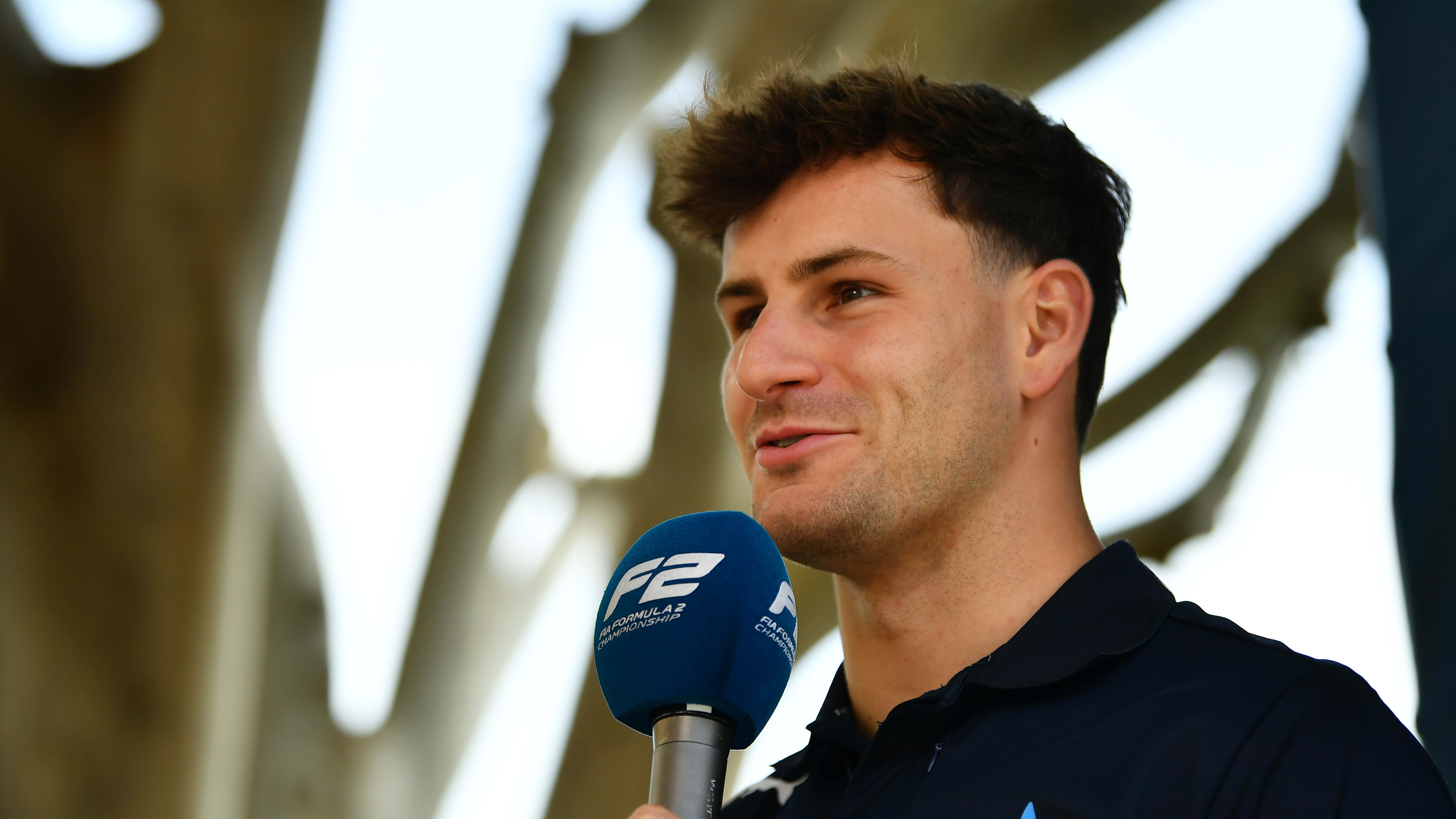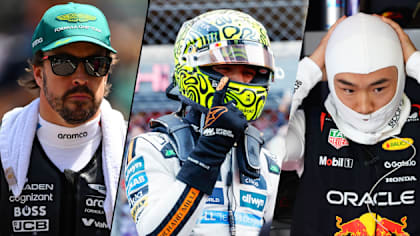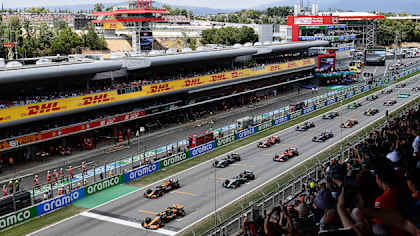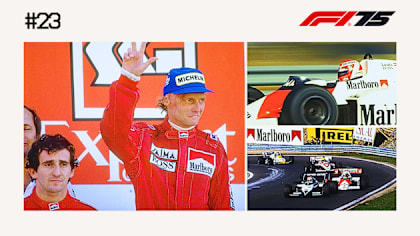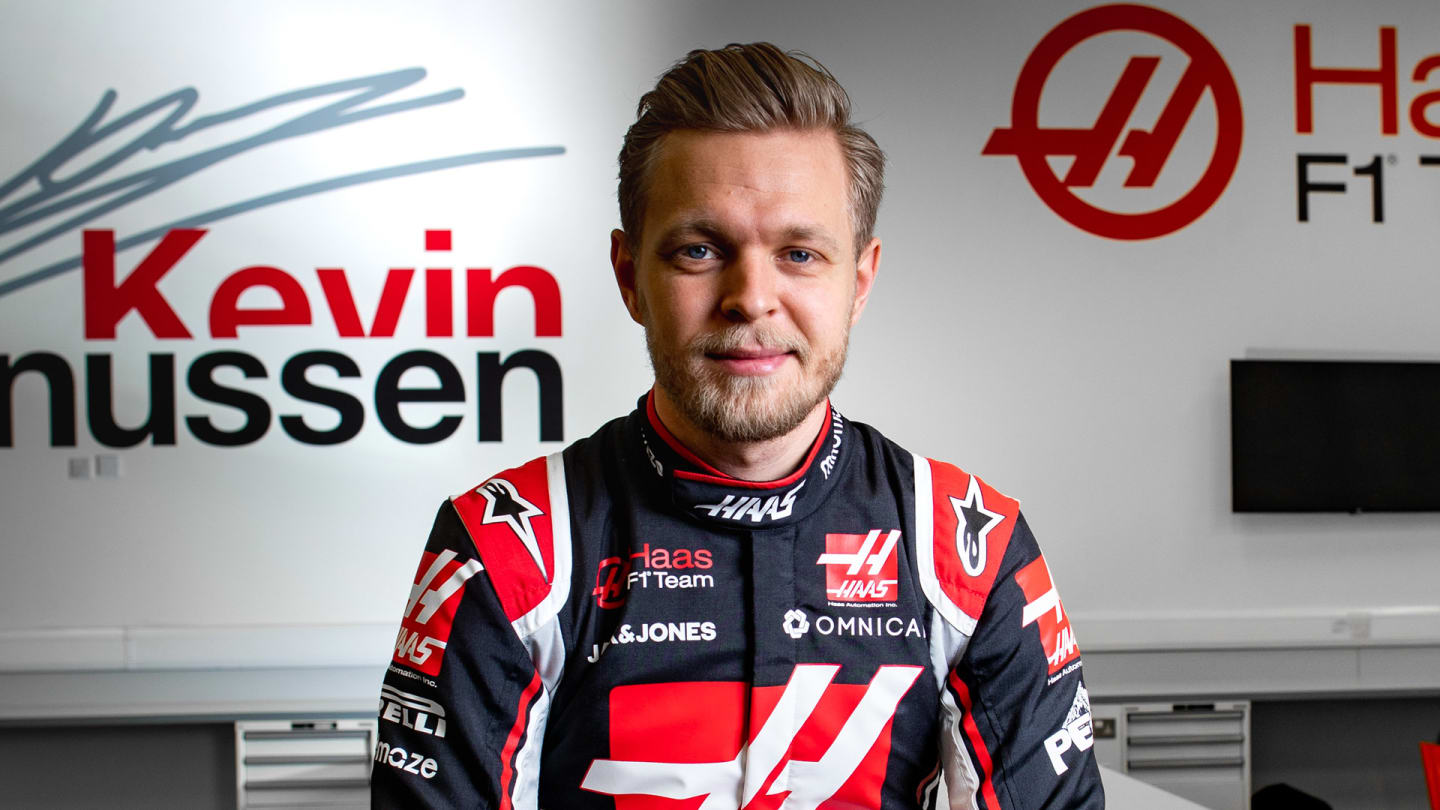
Feature
ANALYSIS: Why Haas brought Magnussen back to F1
Share

When most drivers lose their race seat in Formula 1, the door tends to swing shut before being bolted behind them. But last week, in a surprise turn of events, Kevin Magnussen was handed the key to return as a replacement from Nikita Mazepin – and he grabbed it with both hands.
Why did Haas call Magnussen?
The American team terminated Mazepin’s contract and their title partnership with Uralkali with immediate effect, leaving them without a driver to partner Mick Schumacher for the upcoming season.
READ MORE: Kevin Magnussen to make sensational F1 return with Haas in 2022
They didn’t have long to react as the Official Pre-Season Test kicks off on Thursday in Bahrain, ahead of the campaign-opener at the same venue just a week later. They needed someone who could join at short notice and get up to speed very quickly.
With a new technical formula being debuted this year, history suggests that smaller teams may have better opportunities to score early doors before the bigger teams develop their way out of any problems – with those points in some cases making or breaking a team’s campaign. So someone experienced – rather than a rookie – would be the preference.
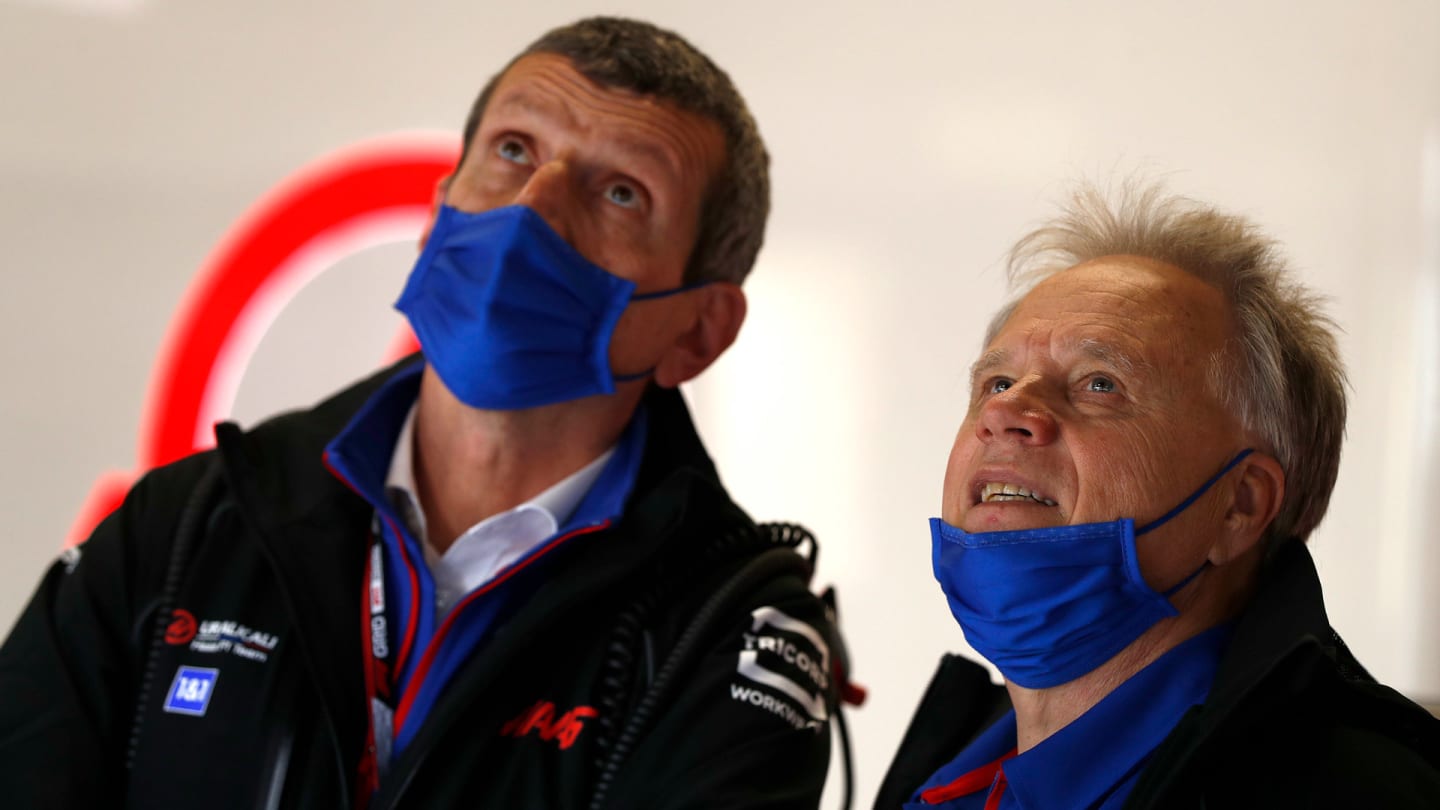
Magnussen has a good relationship with Team Principal Guenther Steiner (L) and owner Gene Haas (R)
There were suggestions that Ferrari reserve Antonio Giovinazzi could have been parachuted in, given Haas’ links with the Italian team and his recent race seat experience, but it’s believed that never gained any traction.
They could have promoted reserve Pietro Fittipaldi, who stood in for Romain Grosjean for two races after the Frenchman’s fiery crash in Bahrain, but the management felt more prior F1 seat time was needed.
Instead, Team Principal Guenther Steiner got on the phone to Magnussen to check on his availability. The duo parted ways on very good terms at the end of 2020, when Haas made it clear they needed to take two rookies who brought significant financial backing for 2021, which would in turn enable them to throw all their resources into the 2022 car built to sweeping new regulations.
READ MORE: Variance in 2022 designs 'fascinating' say team bosses Wolff, Horner and Seidl
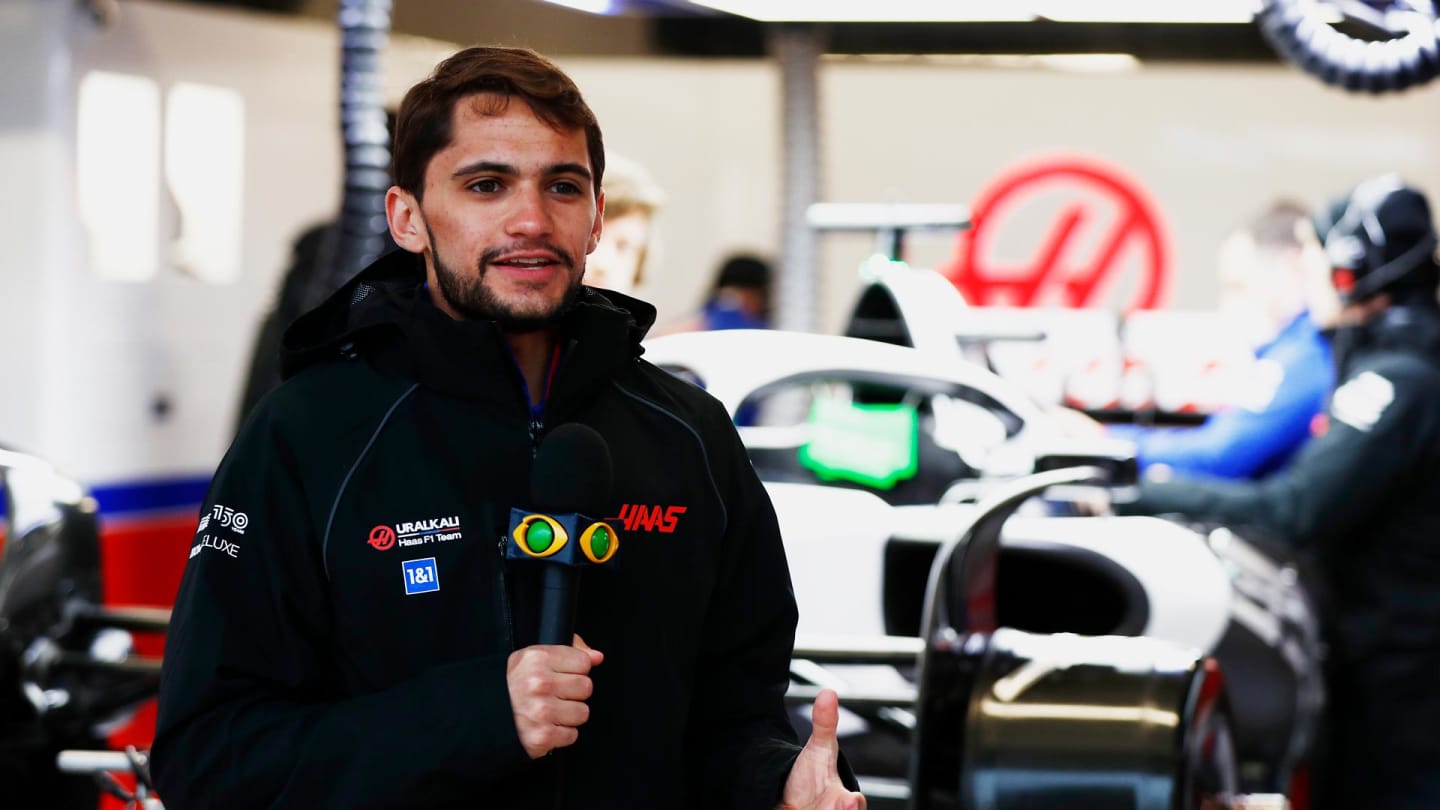
Reserve driver Pietro Fittipaldi will take part in the Official Pre-Season Test
In a perfect world, Steiner would have preferred to retain Magnussen and bring in rookie Schumacher for a partnership that blended youth and experience.
The Dane had struggled to fit in at his previous teams McLaren and Renault but instantly felt at home at the smaller, independent racing operation. He had a great relationship with all the engineers, as well as Steiner and Gene Haas, and was generally very consistent in getting the best out of the car.
WATCH: Haas bid farewell to Kevin Magnussen with extra special goodbye gift
So when Mazepin’s contract was terminated and with the team having the financial stability to allow them to choose a driver based on experience, recalling Magnussen made the most sense for them. His help developing the car will be invaluable, he can act as a mentor for Schumacher, is available now and will settle in quickly. He ticked all of the boxes.
It’s also a significant show of strength that after losing a driver who brought healthy financial backing, including a title sponsorship, Haas can recruit experience and on a multi-year deal rather than chasing the money.
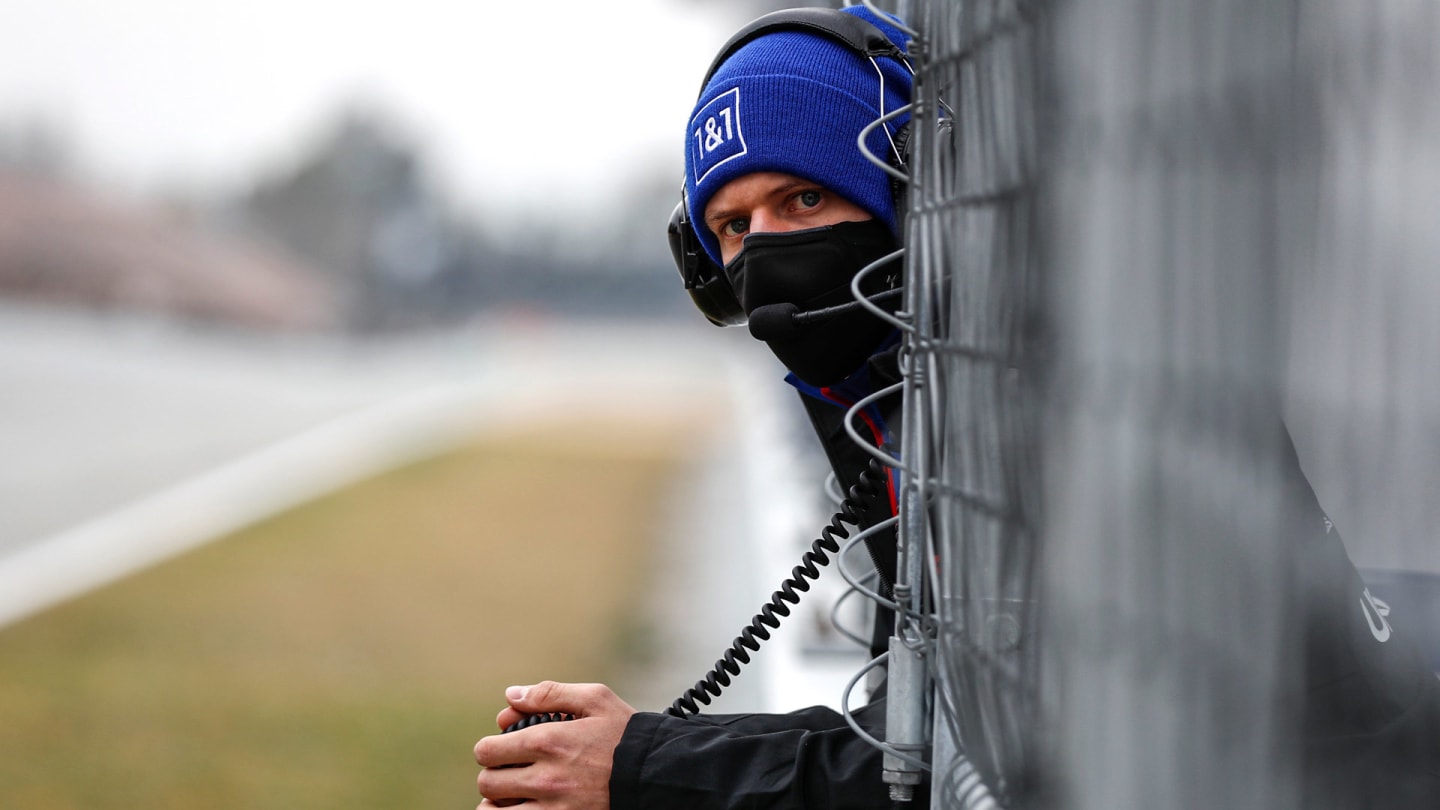
Mick Schumacher has the experience of Magnussen to lean on
Why Magnussen said 'Yes'
When Magnussen left Formula 1 at the end of 2020, it was clear the Dane was not ready to let go of racing in a sport that had been his “childhood dream” to compete in. In his mind, he hadn’t shown his true potential and had unfinished business with F1.
But he was also realistic. He knew how quickly things moved in F1. He accepted that he had had chances at three teams and that while it was frustrating that his final season was spent in a car that simply could not compete, that this was simply part of the game.
His reputation remained strong in the motorsport world – and thus he had no problem finding opportunities elsewhere. He became a race winner in the IMSA SportsCar Championship with Chip Ganassi Racing last year, adding four more podiums in his maiden campaign in the United States, and debuted at the Le Mans 24 Hours competing for High Class Racing in the LMP2 category alongside his father Jan Magnussen. He also had a one-off IndyCar start for Arrow McLaren SP at Road America.
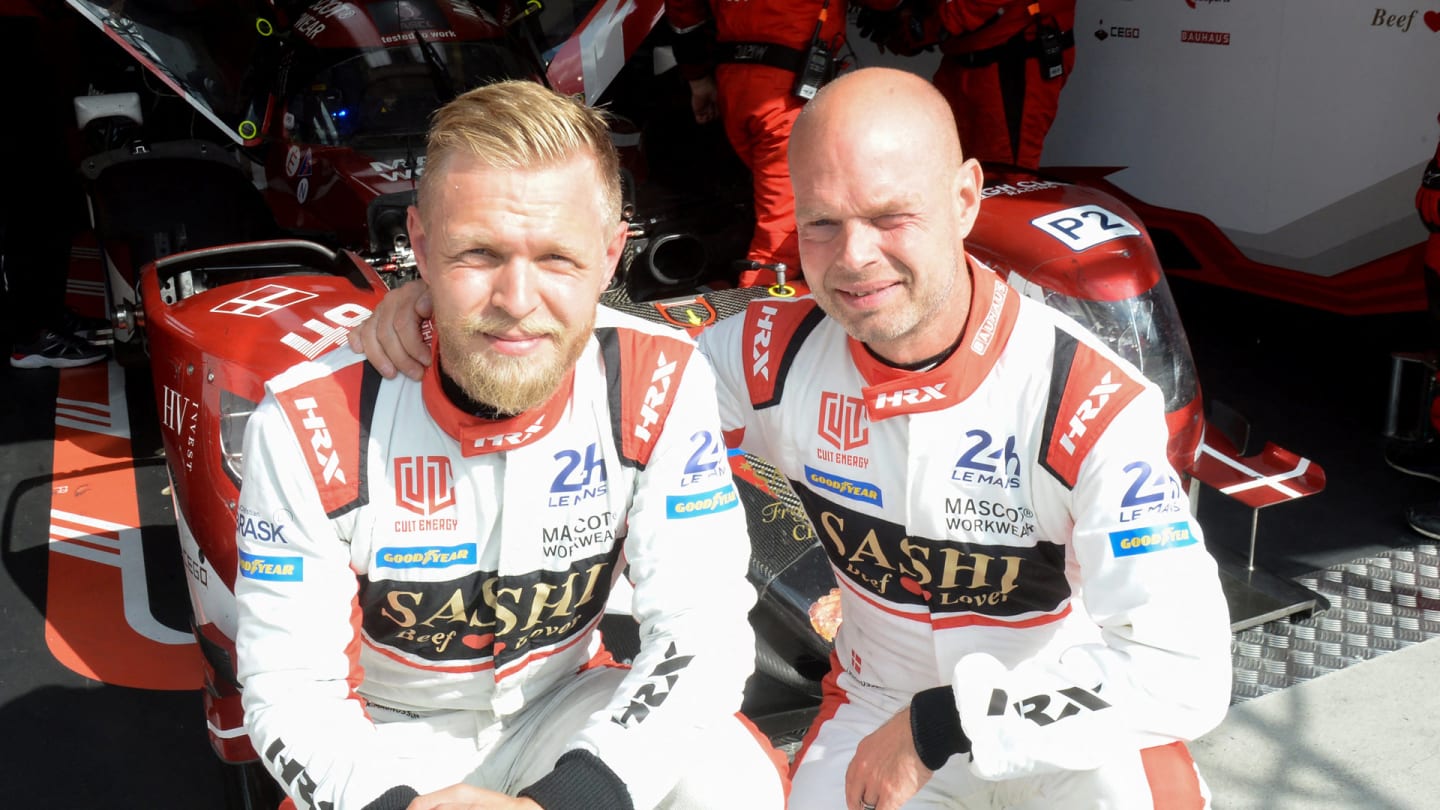
Kevin and his father Jan Magnussen at the 2021 Le Mans 24 Hours
Those experiences not only kept him sharp behind the wheel of a race car, but also reminded people of his speed and determination. When Haas came calling, Magnussen was ready to come back and prove he still has what it takes. His strong relationship with Peugeot, whom he was set to race for in the World Endurance Championship this year, meant that he could be released to take the F1 opportunity.
PODCAST: Haas's Kevin Magnussen on racing rivalries, reputation and more (2019)
He returns to F1 knowing that Haas should be pointedly more competitive than when he left them and have a budget to develop the car aggressively and hopefully fight in the midfield. Knowing that they needed him, he was also able to negotiate a longer contract to give him some stability and take off the pressure, which in turn should in theory help him extract more performance.
In many ways, it’s the perfect way back from Magnussen. And as a driver who has excelled when he’s in comfortable surroundings, it’s the ideal solution for Haas, too.
F1 TV Pro subscribers can watch Bahrain pre-season testing live and on demand, access exclusive live timing, as well as Tech Talk debriefs. Subscribe now and save 20% on your Annual F1 TV Pro subscription. Offer Valid in selected territories on web and apps until March 13. T&Cs apply
Coverage of the Official Pre-Season Test is also available live in selected territories via your F1 broadcaster.
YOU MIGHT ALSO LIKE
News PepsiCo announced as Official Partner of Formula 1
FeatureF1 Unlocked 5 Winners and 5 Losers from the Monaco Grand Prix – Who gambled and got lucky around the streets of Monte Carlo?
Feature IT’S RACE WEEK: 5 storylines we’re excited about ahead of the 2025 Spanish Grand Prix
FeatureF1 Unlocked GREATEST RACES #23: An F1 title decided by just half a point – 1984 Portuguese Grand Prix
